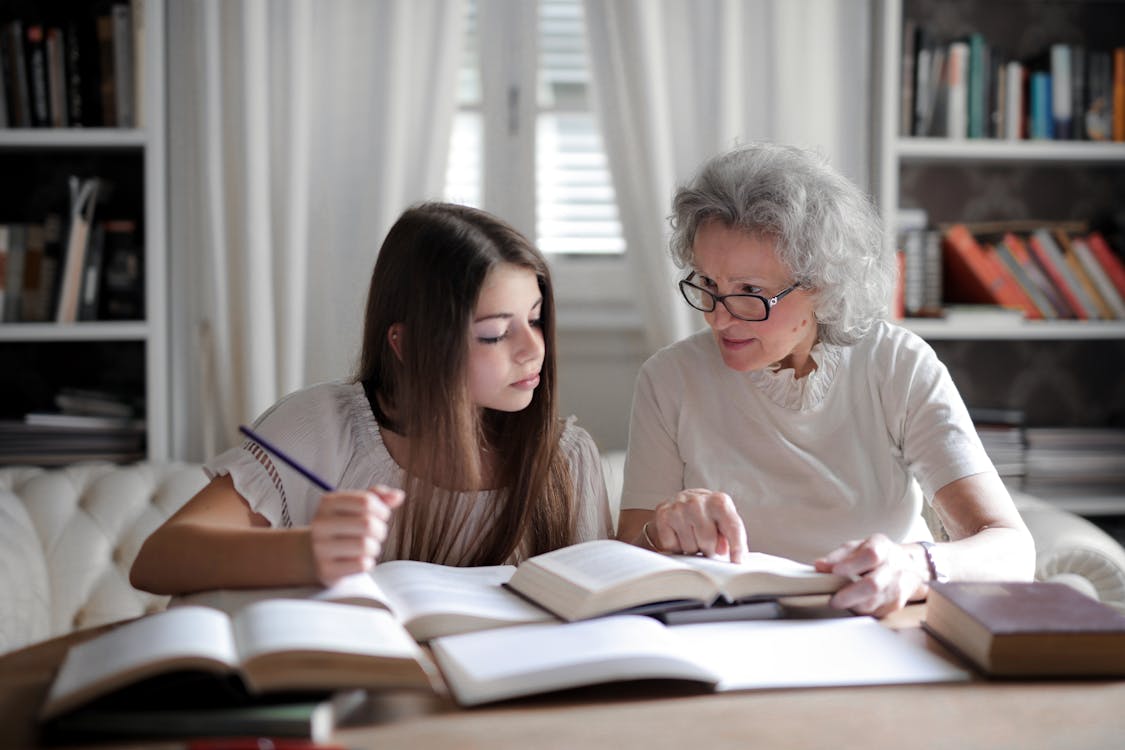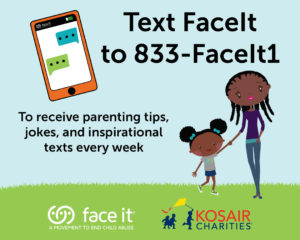
14 Apr Tips to Stay Connected with Your Teen
By Kelly Gillooly, Director of Behavioral Health Outreach, Peace Hospital
The coronavirus—or COVID-19—can put additional pressure on already vulnerable children, youth, and families. It can cause anxiety, stress and uncertainty. They are felt especially strongly by children of all ages. Children have been faced with school closures, cancelled events, separation from friends and need to feel loved and supported now more than ever. It’s important to obtain current information from trusted news sources and not from social media. Knowing the facts and the actual risks can help reduce stress in yourself and others. Take time to have conversations with your kids about their questions, concerns, or fears.
These are some tips and strategies for families to help:
Be kind to yourself. Most of us were not prepared for this. Anxiety, fear, worry, and grief are all normal reactions to abnormal circumstances.
Take care of your body. Take deep breaths, stretch, or meditate. Try to eat healthy, well-balanced meals, exercise regularly, get plenty of sleep, and avoid alcohol and drugs.
 Engage in fun and spontaneous activities with children.
Engage in fun and spontaneous activities with children.
-Go “camping” in the living room
-Make a pillow fort
-Create a nature scavenger hunt
-Cooking teaches science and math
-Yard work teaches about nature and can inspire creative art projects
-Reading together enriches vocabulary and listening skills
Tips and strategies for parents of teens:
Create a productive routine. Set a time for your teen to wake up, shower, get dressed and have breakfast. While completing on-line coursework, their phones should be off. Also, keep the TV off during school hours and limit time watching the news. Plan mini breaks and a 1-hour lunch break.
Establish new goals and plans. Help them shift away from what was lost and identify ways to move on with fresh ideas and goals.
 Ask your teen to help with creative projects.
Ask your teen to help with creative projects.
-Plan or cook dinner
-Teaching their siblings a new dance or fun game
-Organizing family photos or recreating the family’s history
-Encourage them to clean out their room, the basement, or de-clutter the garage and prepare items to donate to charity
-Volunteer to help tutor children of neighbors or friends online
-Do an exercise class on-line
It’s normal for teens to crave more privacy from their family; however, pay attention to symptoms such as frequent irritability, changes in weight or sleep habits and feelings of sadness to include frequent crying spells and/or thoughts of suicide. If symptoms persist, contact a mental health professional immediately.
Finally, remember that social distancing does not mean we need to remain socially isolated. Although we cannot shake someone’s hand or hug a loved one, scientific studies have confirmed that smiling is one of the simplest things you can do for yourself and towards others. It relieves stress, elevates your mood, boosts your immune system, lowers your blood pressure and makes you look younger. Remain socially connected!
April is National Child Abuse Prevention Month. UofL Health – Peace Hospital encourages all individuals to play a role in creating a healthier place for children and families.
UofL Health – Peace Hospital is open 24/7 for no-charge crisis assessments:
2020 Newburg Road, Louisville, KY 40205
502-451-3333 | 800-451-3637
If you believe a child is being abused or neglected, call the Child Protection Hotline at
1-877-KYSAFE1 or 1-877-597-2331.
The National Suicide Prevention Lifeline at 1-800-273-TALK (1-800-273-8255) or use its web chat on suicidepreventionlifeline.org/chat.
Blog written by: Kelly Gillooly, Director of Behavioral Health Outreach, Peace Hospital – Photos courtesy of Pexels




